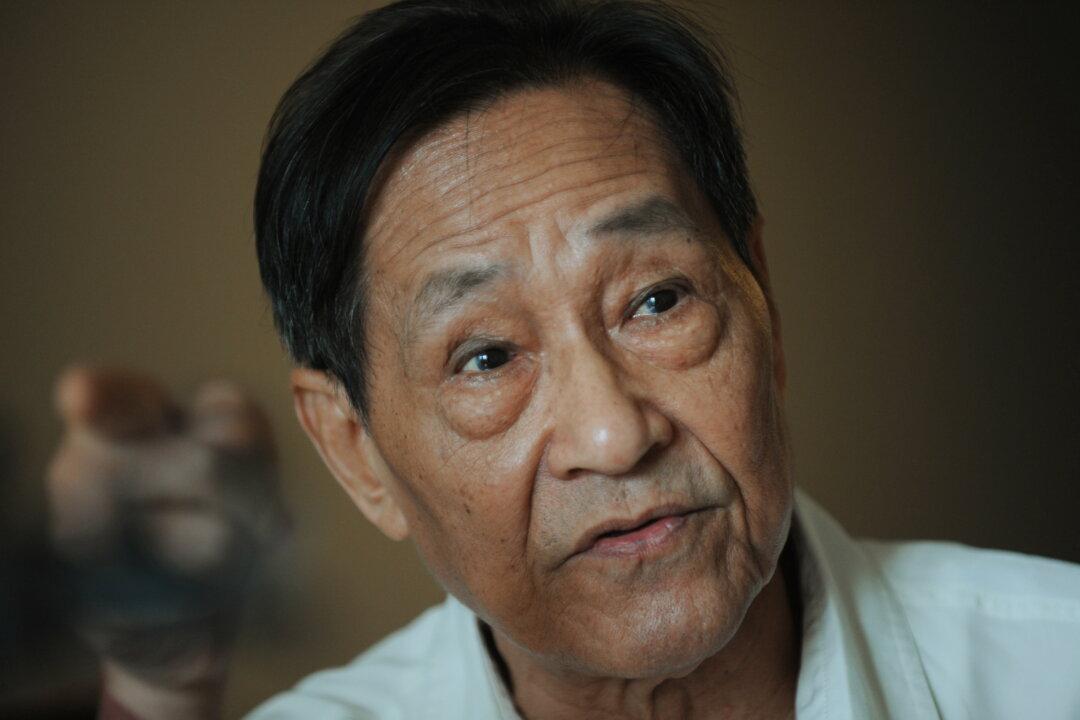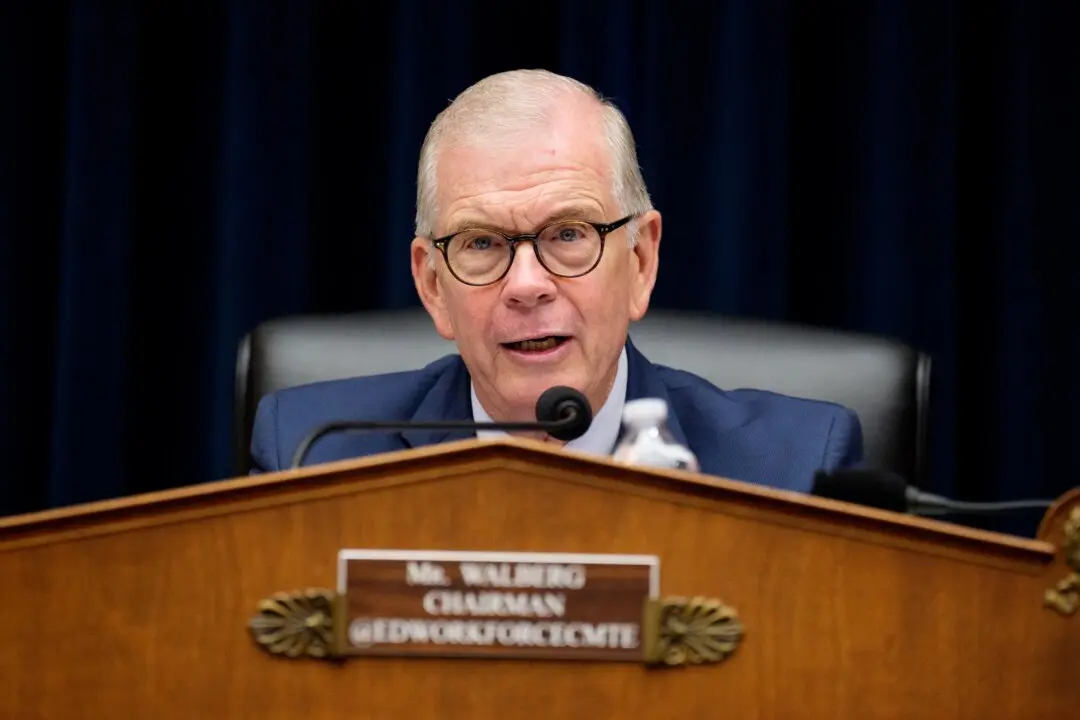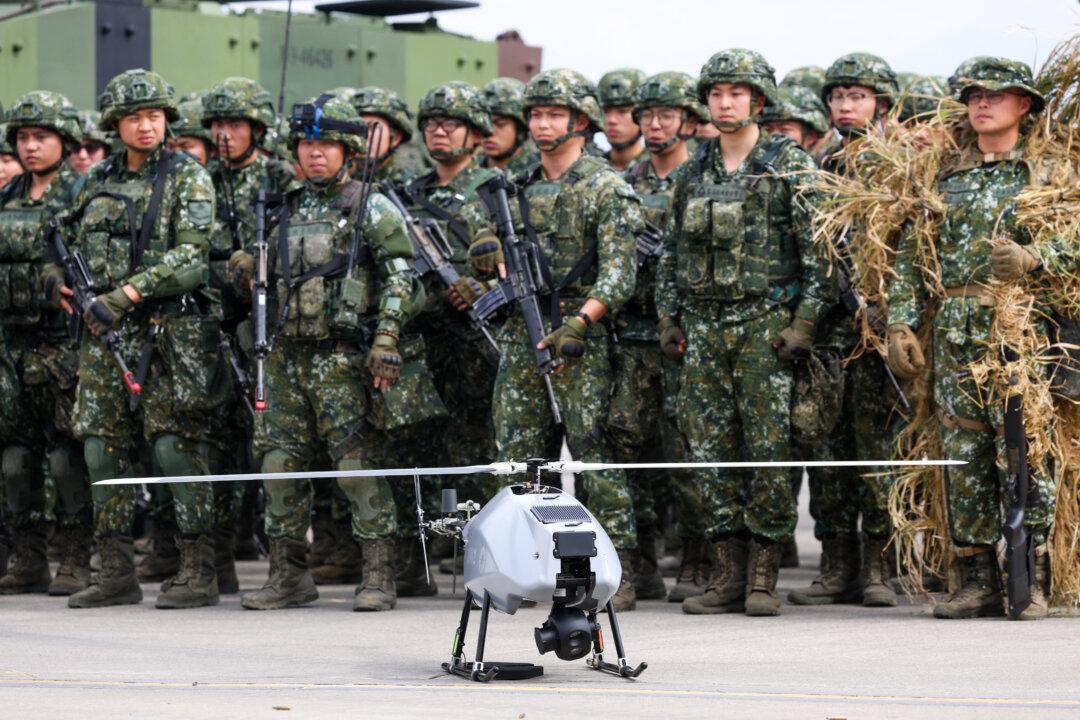Days before the 29th anniversary of the 1989 Tiananmen Square massacre, Chinese authorities again took measures to make dissidents disappear from the public eye.
Bao Tong, former secretary of the deceased reformist Party leader Zhao Ziyang, said that he had been visited by officials from the local state security bureau in Beijing, in an interview with Radio Free Asia (RFA) on May 31. Zhao was politically purged after the massacre due to his sympathies with the students. He was placed under house arrest until his death in 2005.





